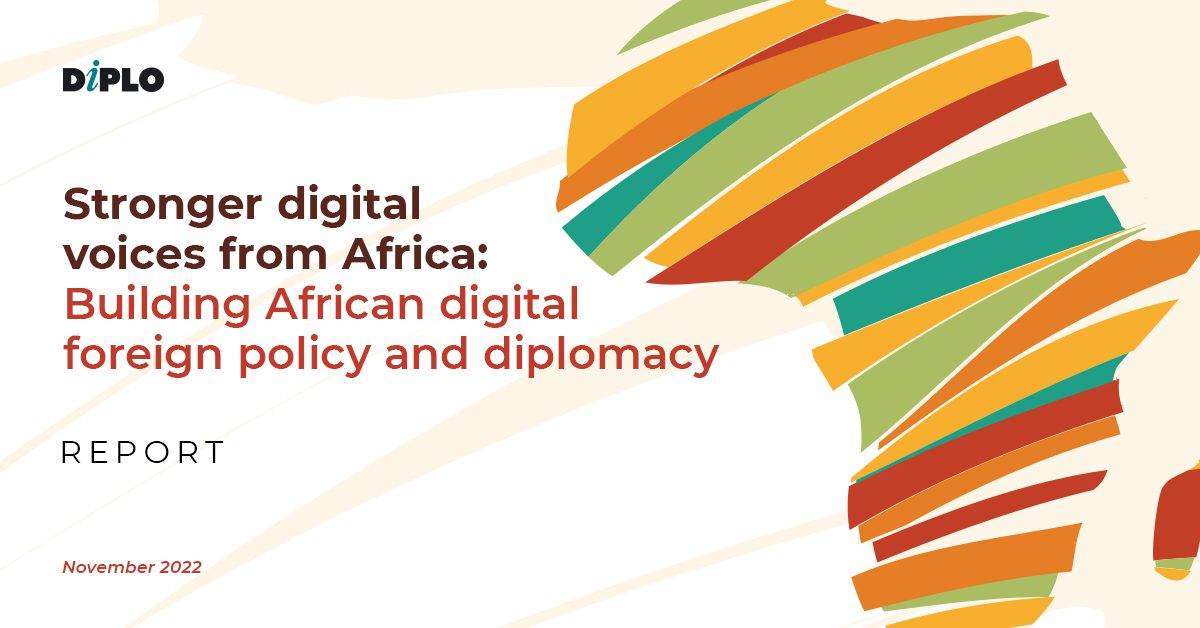As Africa stands on the threshold of a new digital era in 2025, the continent’s governments face pivotal deadlines and opportunities around the digitalization of public services, the modernization of economic management, and the pursuit of inclusive growth. The imperative for digital governance reforms is not simply technological, but economic and developmental—driven by a need to improve service efficiency, boost tax collection, promote transparency, and foster economic competitiveness in a fast-evolving global landscape.
The Drive for Digital Governance: Why Now?
African administrations have increasingly prioritized the shift toward digital government, seeing it as essential for bridging longstanding gaps in service delivery, accountability, and economic openness. The digital economy’s contribution to Africa’s GDP is expected to climb from just 1.1% in 2012 to 5.2% by the end of 2025, signaling a newfound recognition that digital strategies are fundamental to national prosperity. This transformation encompasses e-identity solutions, tax automation, digital payments, and even AI-powered tools for better government operations.
The move toward “whole-of-government” digital solutions is also shaped by the need to meet citizen expectations, address corruption, and harness Africa’s youthful, tech-oriented demographics. Yet, even as governments deploy new technologies, they face headline challenges: bridging the digital divide, ensuring privacy and security, and making reforms work for inclusive, broad-based economic growth.
Spotlight on Success: Senegal and Ethiopia Lead the Way
Among the continent’s nations, Senegal and Ethiopia have emerged as relative trailblazers in digital governance transformation.
Senegal’s Modernization Agenda
Senegal’s recently announced “New Deal Technologique” embodies a comprehensive approach to digital government. The initiative, launched in February 2025, sets out to overhaul public administration by creating a biometric national digital ID, streamlining access to government services, and modernizing the country’s digital infrastructure as part of the broader “Senegal 2050” vision. With President Bassirou Diomaye Faye emphasizing the role of digital technology in national competitiveness and sovereignty, the strategy seeks not just efficiency, but also greater innovation, universal internet access, and inclusion for citizens.
Senegal’s telecom infrastructure, with over 58% internet penetration by 2021, provides a strong foundation for digital public services, enabling rapid advances in digital administration and payments.
Ethiopia’s Digital Payments Revolution
Ethiopia, under its “Digital Ethiopia 2025” strategy, has enacted a bold mandate requiring all public offices to accept electronic payments—ending a previous near-monopoly by the state-owned Telebirr platform and promoting market competition among digital providers. This policy is not a peripheral change but a core pillar of the national digital roadmap, designed to broaden financial inclusion, cut government operating costs, and deepen transparency through auditable payment trails.
The move is backed by aggressive efforts to digitize more than 130 public services and rapidly expand digital financial inclusion, positioning Ethiopia as a leader in leveraging digital tools for economic reform and state modernization.
Mixed Results and Strategic Rethinks: Ghana, DRC, and Nigeria
Ghana’s Digital Strategy Reassessment
Ghana is re-examining its digital roadmap with a focus on broad-based economic transformation, digital trade, and inclusive growth. In June 2025, the country validated its first National E-Commerce Strategy, a milestone reflecting lessons learned from earlier initiatives and signaling a pivot toward empowering SMEs, improving sector efficiency, and bolstering social inclusion via digital trade. With digital infrastructure and regulatory improvements underway, Ghana seeks to tackle gaps in digital exclusion, strengthen cyber-protection, and harness digital entrepreneurship in a more coordinated fashion.
Democratic Republic of the Congo (DRC): Ambition Meets Reality
The DRC’s “Plan National du Numérique – Horizon 2025” envisions bold transformation, emphasizing infrastructure development (30,000km of fiber optic backbone), the creation of a biometric ID system, and establishment of new digital governance institutions. However, the plan is also a response to deep challenges: fragmented infrastructure, digital exclusion, and outdated legal frameworks. DRC’s ability to translate strategic blueprints into grassroots progress remains a test for the coming years.
Nigeria: Ambition Under Scrutiny
Nigeria, Africa’s most populous nation, has set ambitious targets to digitalize at least 75% of government services by 2027, with substantial initiatives around digital IDs, blockchain integration, and an “all-in-one” digital government access platform. Despite these moves, Nigeria faces mounting scrutiny over its actual progress, with delays in digital rollout and persistent digital divide issues, particularly in rural and marginalized communities. Nigeria’s strategy now faces calls for better stakeholder coordination, adapted frameworks, and more inclusive outcomes.
Artificial Intelligence, Privacy, and the Digital Divide
A new wave of reforms is being shaped by artificial intelligence (AI), promising more efficient service delivery, predictive analytics for policy-making, and smarter regulation. Pan-African efforts, such as the establishment of the African AI Council, aim to ensure that AI delivers on its potential while embedding ethics, inclusivity, and local innovation into AI adoption.
Nonetheless, these advances are shadowed by real risks:
- Privacy concerns: Increased data collection—especially biometric and personal data—demands robust protections to avoid misuse, ensure citizen trust, and respect human rights.
- Digital divide: Stark inequalities persist in internet access, digital literacy, and the affordability of devices. These can deepen rather than bridge social and economic disparities unless reforms prioritize the “last mile” of connectivity.
- Governance and accountability: New technologies can enable more open government and civic engagement but also risk overreach and exclusion if not managed transparently and with strong oversight.
Conclusion: Toward a Digital, Inclusive, and Accountable Africa
Africa’s foray into digital governance and economic reforms is generating real momentum, as evidenced by the bold strides of countries such as Senegal and Ethiopia. As strategic blueprints translate into policy mandates, infrastructure upgrades, and AI adoption, the continent is poised to reap far-reaching benefits in economic growth and citizen empowerment.
Yet, the road ahead is equally defined by the need to address privacy, accountability, and universal access—to ensure digital governance fulfills its promise not just for a privileged few, but as a broad-based engine for economic renewal, inclusion, and democratic deepening across Africa.
PDF attached for Reference:
1.[pdf] Understanding the Digital Payment Landscape in Ethiopia
2.[pdf] Draft E-commerce National Strategy of Ghana
3.[pdf] Digital Transformation Strategy for Africa

